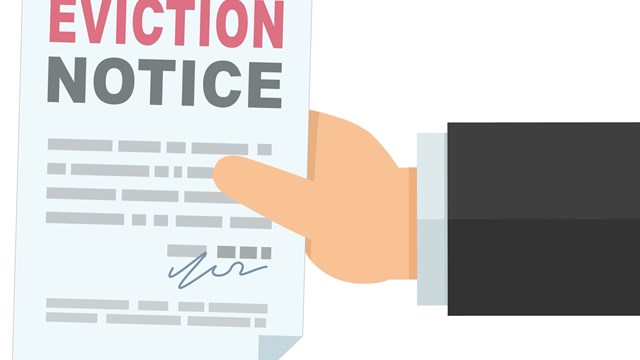In addition, there is a trash room also next to a small parking spot and we could potentially face the same problem of not being able to access the space because of a vehicle obstruction. The board told us that the developer has the right to sell both of these spaces. Does the board have any say in the matter? Do they have the power to force the developer not to sell the parking spots?
—Blocked in Brooklyn
“In general, the board of managers cannot prevent the sponsor from selling the parking units. However, if the sponsor promised in the offering plan that those areas would be common elements, the board of managers can rightfully demand that the sponsor deliver those areas to the condominium as common elements, rather than sell those areas as parking units. If the board of managers commences a lawsuit against the sponsor to declare the areas where the parking units are located common elements, it may simultaneously file a lis pendens. The lis pendens will have the effect of placing potential purchasers of those parking units on notice that title to those parking units is not clear, which will halt the sale of those units pending the determination of the lawsuit.
“If the offering plan is unclear regarding access to the bike and trash rooms, the board of managers can try to negotiate with the sponsor to acquire the parking units needed for access. Once the board of managers acquires the parking units, it can simply not allow the spaces to be used for parking.
The parking units are privately owned, either by the sponsor while unsold, or by those who purchase them from the sponsor. Future owners of the parking units will have the exclusive right to park their vehicles in the parking units, however, the parking unit owners may not deny access to those who must walk across the parking units to gain access to the bike and trash rooms.”







Comments
Leave a Comment